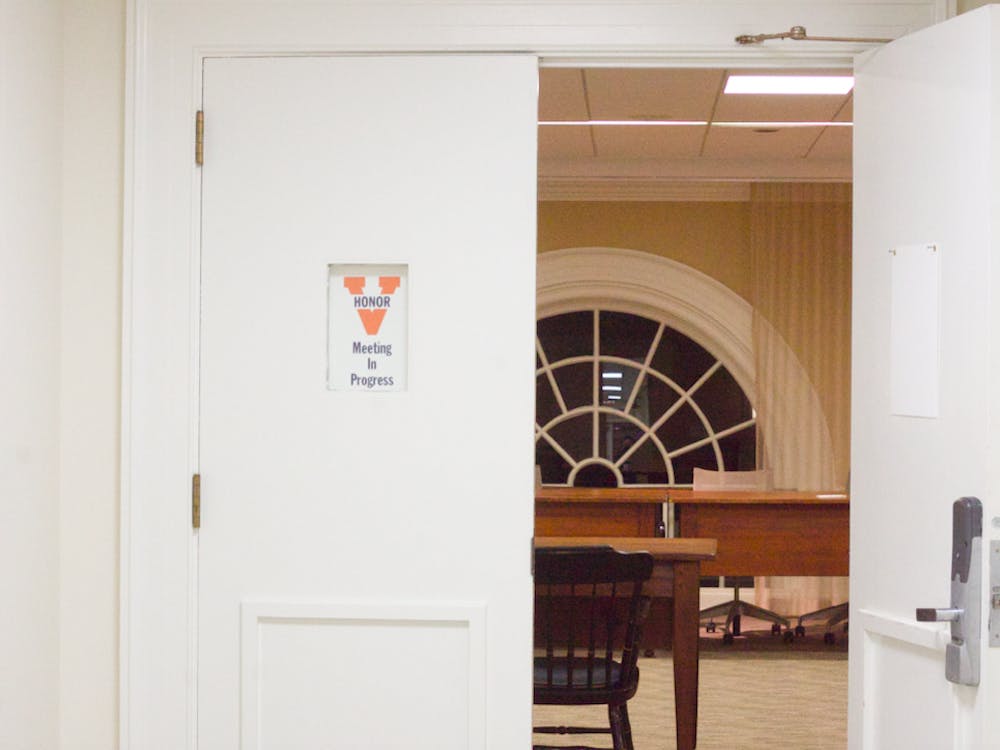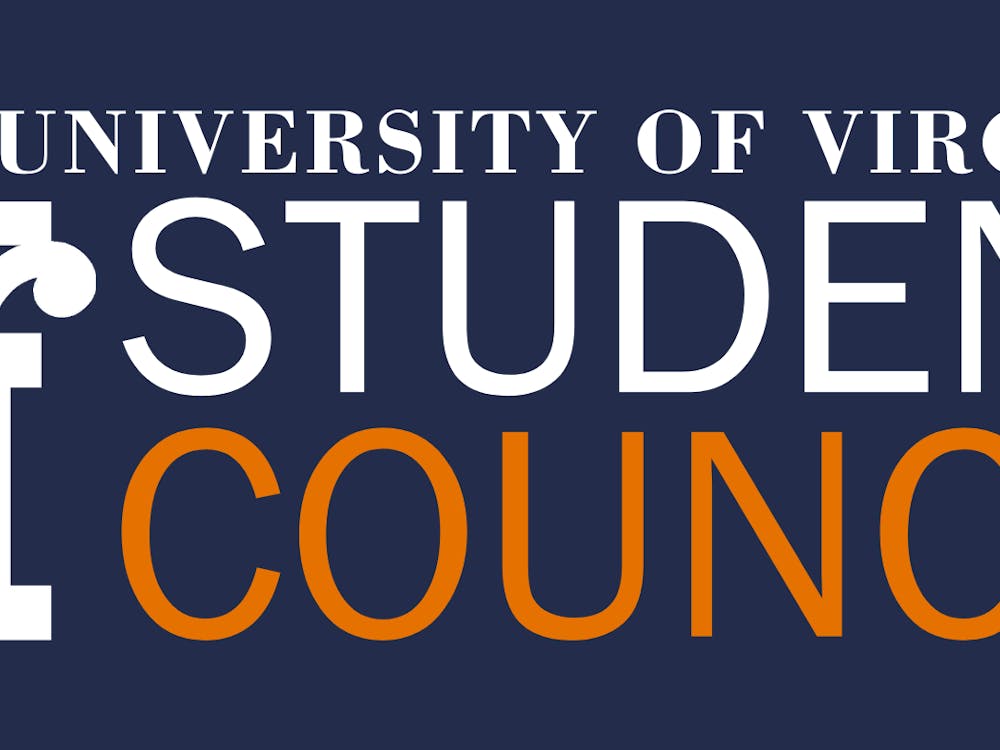A University of Kansas student group called Students for a Sustainable Future (SSF) issued an Open Records Act request in April 2014, calling for records of all donations and associated restrictions issued by “Koch family foundations,” as well as documents regarding the hiring process for Professor Art Hall and any professional communications between Hall and those who have contributed to funding his work. Hall is the director and sole full-time faculty member of the university’s Center for Applied Economics, which was launched in 2004 using money from the Fred C. and Mary R. Koch Foundation.
The Koch brothers continue to almost single-handedly fund the center, as well as pay Hall’s salary. Within their request, members of SSF express concern that Hall’s hiring was “orchestrated by Charles and/or David Koch” which would “undermine academic integrity and freedom.” The concern is not the inherent connection between the center and the source of its funding, but the fact that people aren’t aware of the depth or circumstances surrounding that connection. Further, if Hall has been pursuing research in line with the Koch brothers’ interests (for a monetary incentive) rather than his own academic passions, his academic integrity is also sacrificed. Hall may genuinely espouse views similar to the Koch brothers, but the public deserves to know the extent of his involvement with them and their foundations. Transparency is a key component of academic integrity, and it is missing here.
Hall’s counter lawsuit has halted the release of the documents until they can be reviewed by the court. Hall thinks the law has been abused in this case and sued as a means of raising public awareness of the issue. Open-access law compels people to share their private information if it involves a public interest. But Hall argues that in his case it does not — technically, his work is funded through private donations. He thinks these types of requests will make professors too fearful of intimidation tactics to adequately do their work or communicate with their peers.
Still, the circumstances surrounding Hall’s employment and the Open Records Request beg two questions: First, how can a professor claim to have academic integrity or a right to academic freedom when their research is likely subject to private influence? And second, can something still be public information if the public isn’t paying for it? The students, at least, should still be privy to the content of the records, since they are paying tuition to the public institution at which Hall works. They are still being taught by him and (potentially) influenced by his (potentially) biased teaching methods.
Evidence suggests the Koch brothers have had a heavy hand in shaping curricula nationwide. A top beneficiary is Virginia’s own George Mason University, which received $8.49 million from Koch foundations in 2012. Incidentally, Charles Koch serves as the chairman of GMU’s Institute for Humane Studies’ board of directors. And when Florida State University accepted $1.5 million in Koch funding in 2011, “a contract between the foundation and university stipulated that a Koch-appointed advisory committee select professors and conduct annual evaluations,” according to the Center for Public Integrity. To belabor the point, the problem is not with conservative influence, but with a partisan influence on academia in general.
Similarly, at our own University, the class “Philosophical Perspectives on Liberty,” is privately sponsored by Branch Banking and Trust Company. The company runs a Moral Foundations of Capitalism Program, and as a result of its patronage, requires the professor teach Ayn Rand’s writings. It seems that in our case, this connection is made known to the students in the course. So, in the case of the University of Kansas, it seems most in-line with the ideal of academic freedom to, in fact, stand with the SSF and ask Hall to release the requested documents.
Clearly, academic freedom and integrity are paramount at any reputable institution of higher learning. And we certainly can’t allow agenda-driven outside groups to bully faculty into teaching a certain way, as Hall believes is happening. Privately-funded classes, faculty positions and institutes can seem relatively innocuous — even beneficial — and requests to read a professor’s emails may seem unreasonable. But at the University of Kansas as well as our own University, private money does influence the material students are taught, and in order to preserve academic integrity, the impact of this money should be made transparent.





